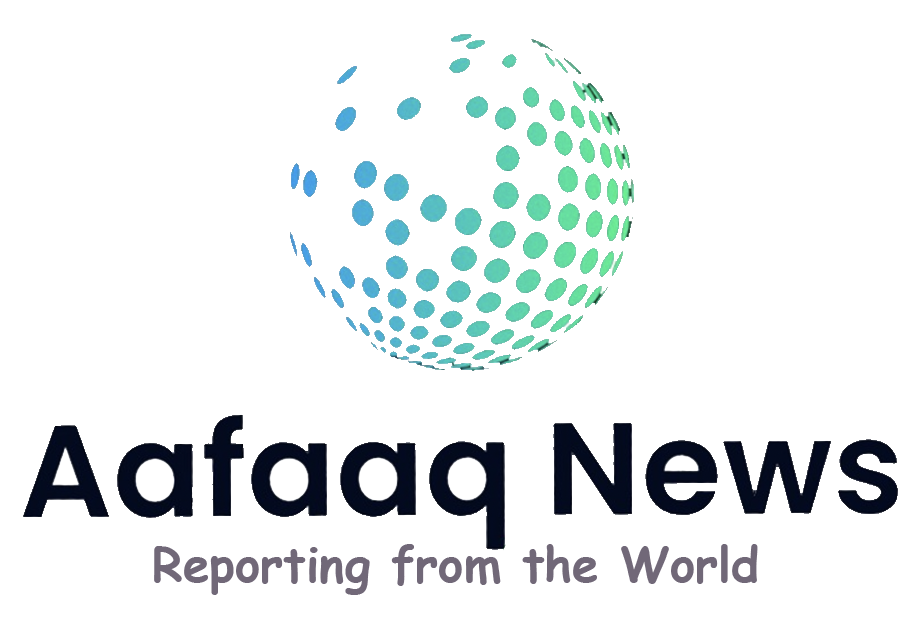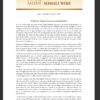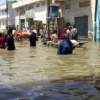Somalia is one of the most dangerous places in the world for journalists, with physical violence from terrorist groups, government corruption and arrests, and logistical difficulties all posing risks to reporters. Recently, the Secretary-General of the Somali Journalists Syndicate (SJS) was detained for 44 days after speaking out against a vaguely worded directive by the Ministry of Information banning the media from quoting al-Shabab’s “lies and propaganda”. He was interrogated, placed in a tiny concrete cell with no lighting or ventilation, and heard harrowing stories from other detainees who had been electrocuted, hooded, and severely beaten. Many of the detainees were from minority groups in southern Somalia and were politically and economically marginalized by major clans.
The government brought three charges against the journalist, including “bringing the nation into contempt,” using a colonial-era penal code that is often used to detain and prosecute journalists. The journalist declined a deal from the Ministry of Information, which offered to allow him to leave the country if he stopped criticizing the government and made a full apology. After four court hearings, he was sentenced to two months in jail, but prison officials refused to implement the decision. He was detained again ten days later and held captive in a private house for a day and a half before being taken back to Mogadishu’s central prison.
The treatment of journalists in Somalia highlights the significant obstacles faced by media professionals who seek to uphold press freedom and defend ethical reporting. In a country where millions of Somalis are dependent on relief, international aid agencies often control access to humanitarian information and select and frame the issues they want to be covered. Despite these challenges, journalists in Somalia continue to work tirelessly to report on critical issues and hold those in power accountable.











